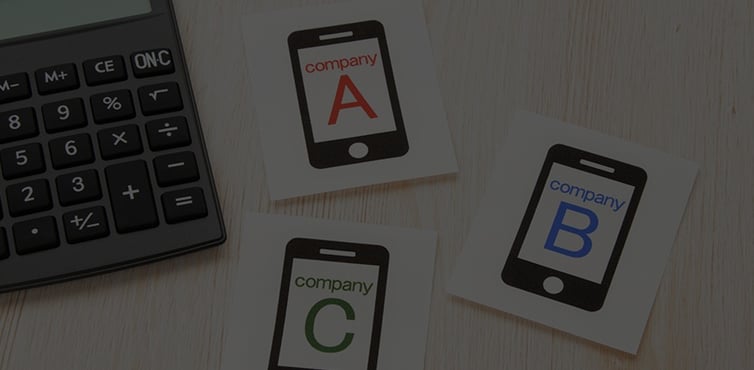
Dealing with the frustration of a non-paying client takes time and resources away from other necessary daily tasks. With so much at stake, not only concerns of how the non-payment will affect the business but also the client relationships, business owners may also be hesitant to turn over their unpaid accounts to a collections agency. Too many unanswered questions could stall the collections process while the unpaid invoice remains unpaid. Can a commercial collections agency help? Will they respect the client relationship? How much will it cost?
How do commercial collections agencies charge for recovery of unpaid invoices?
When to send an invoice to collections?
A collections policy will answer one of the first questions to consider when an invoice goes unpaid: when to send to collections. Creating a process, that is also included in the contract's payment terms, will clarify any accounts receivable actions to the business and the client. Accounts receivable will know when to take actions such as sending reminder notices or making repeat phone calls and the client will know to expect these actions when their invoice remains unpaid. If the client isn't responsive, refuses to pay the full balance or if the invoice is 90 - 120 days past due, it may be time to consider hiring a collections agency. The faster the account is sent to collections, the more likely the account will be recovered and at a higher recovery balance.
How much does collections cost?
Depending on the type of debt, the collections agency may charge different fees. Some agencies may charge a flat fee, no matter the size of the account. Most often corporate collections agencies will charge a fee that is contingent on the the recovery of the account. This "contingency fee" means that there is no charge if nothing is recovered from the client. If something is recovered, and this amount varies, again, depending on when the account is sent to collections, then the agency receives a percentage of the amount recovered. There is also no minimum number of invoices required to work with a commercial collections agency. Some businesses only require help with one invoice while others may require help with several invoices at only certain times of the year. B2B collections agencies should be flexible to your business situation.
How do commercial collection agencies work?
With business-to-business relationships, commercial collections agencies must be sensitive during the collections process. Once the account is determined to be sent to collections, the collections agency will require any purchase orders, invoices, contracts, aging reports and any other correspondence notes with the client. The collections agents must then do research to locate who is responsible for the debt and determine if there are logistical reasons for a lack of response or non-payment. The agents will also review information with regards to the business-client relationship before making contact. Once payment has been negotiated, the commercial collections agency will offer a number of payment options to recover the debt quickly. Payment is then made to your business' accounts receivable less the contingency fee.
See also: How Enterprise Recovery Debt Collections Works
Another option available to businesses is accounts receivables clean-up. Before the invoices go too far past due (for instance, less than 90 days), the accounts are outsourced to an agency that represents your business when recovering the debts faster. Cleaning up A/R regularly reduces collections fees and also allows accounts receivable to devote time to clients who are paying their invoices on time.
Ready to get started? With Enterprise Recovery's contingency fee pricing, you have nothing to lose.




